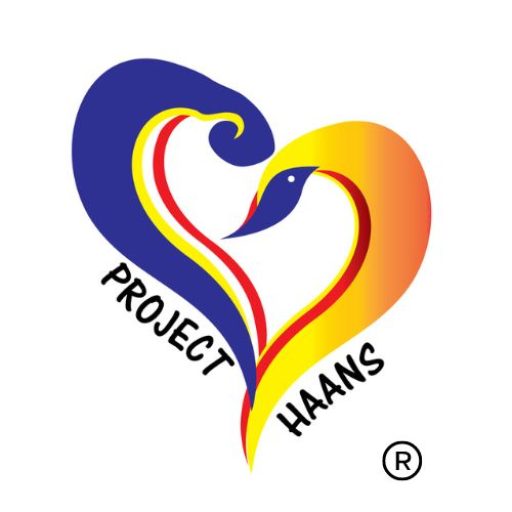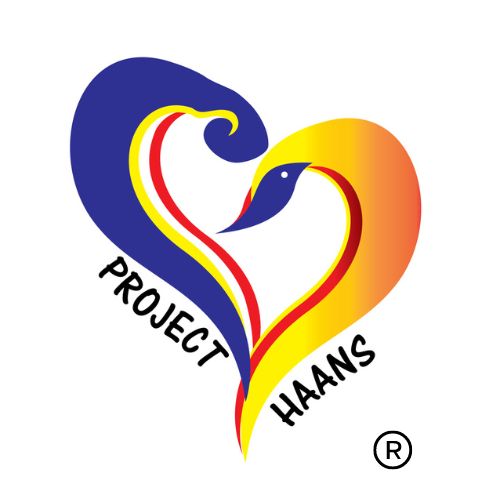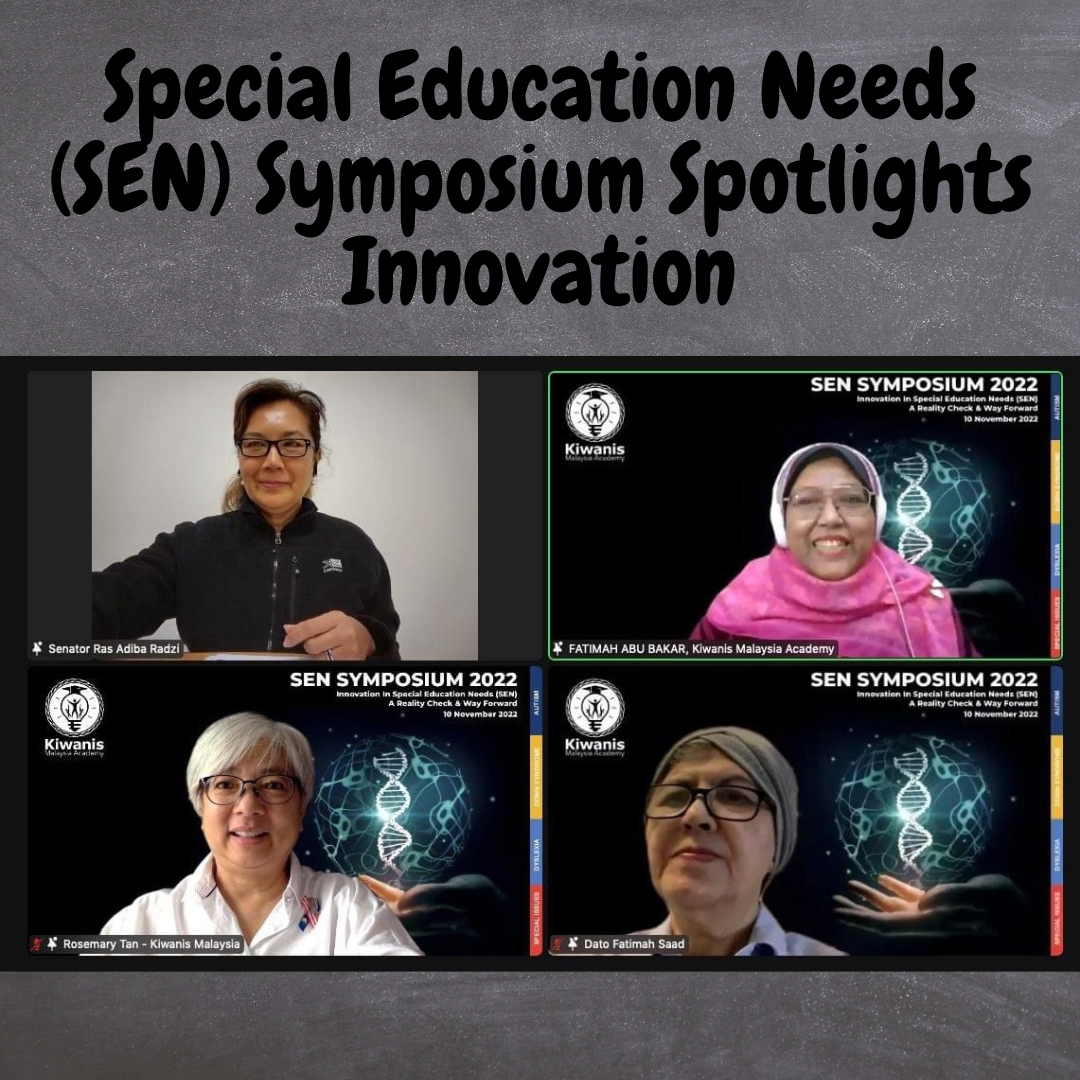
Kiwanis Malaysia Academy (KMA) presented its second Special Education Needs (SEN) Symposium 2022 on 10 November 2022, exploring better use of technology in Special Education with the theme: Innovation in Special Education Needs – A Reality Check & Way Forward.
“The conference placed a strong emphasis on the role of Digital technology which has been shown to be a powerful instrument in inclusive education and has shown to have a significant impact and has enhanced the quality of life for these children. Most of the time, it wasn’t the students or the teachers who were the obstacle, but it was the decision-makers within a district or school that played a role and had the say on the use of technology. These students who are allowed access to tech in their studies now have a higher quality of life because the development and use of these tools in the classroom demonstrated to significantly affect learning.” Dato Fatimah Saad, Chairman of Kiwanis Malaysia Academy.
The first Keynote Speaker was YB Senator Datuk Ras Adiba Mohd Radzi, Member of the Upper House, Parliament of Malaysia, community activist and former news presenter who actively advocates for the rights of people with disabilities in Malaysia. Here were some of the thoughts she shared with over 170 participants who joined this online symposium:
YB Senator Datuk Ras Adiba Radzi made the following suggestions in relation to innovation in SEN:
Tools for Accessible Publishing – Optimize the production of accessible children’s books, thereby reducing costs and making it easier to produce high-quality reading materials for all children.
STEM academy for those with learning difficulties focuses on hard and soft skills.
Innovations for children with print disabilities : Innovative solutions and teaching and learning materials to children who are blind or low vision, or deaf or hard of hearing.
Robots help children with learning difficulties, disabilities, and autism: Many children with autism spectrum conditions (ASC) struggle with the social aspect of traditional teaching.
The second Keynote Speaker for this Symposium was, Professor Dr. Abtar Kaur Darshan Singh from Asia Pacific University (APU), who is also the appointed UNESCO Chair on Harnessing Innovations in Technology to Support Teachers and Quality Learning.
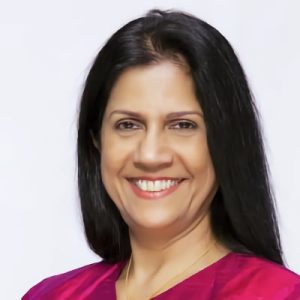
Prof Dr Abtar Kaur Darshan Singh
Professor Dr Abtar gave a comprehensive presentation on the background of SEN, what exactly is SEN, spotlighted some innovations and provided some suggestions on the way forward. In her capacity as the UNESCO Chair for Harnessing Innovation in Technology to Support Teachers and Quality Learning, she highlighted some very worrying statistics comparing children with disabilities to a typical population as depicted in the visual below.

Also speaking at the Symposium over a one hour reflection was Dr Drew B. Mallory a lecturer and the first Inclusion Ambassador appointed at Sasin School of Management, a published researcher, and an interventionist. His areas of expertise includes social and organizational research in areas like sustainability and corporate social responsibility, and diversity and inclusion. Since he is also an executive coach, he led the participants who were made up of teachers, parents, practitioners and advocates of SEN in a thought provoking exercise. He encouraged everyone to think of their specific goals in SEN, think about what they could do immediately and also asked the participants, what about their work in SEN they enjoyed most. He put emphasis on looking at things differently, being innovative in their ways of thinking and exploring doing things from various perspective.
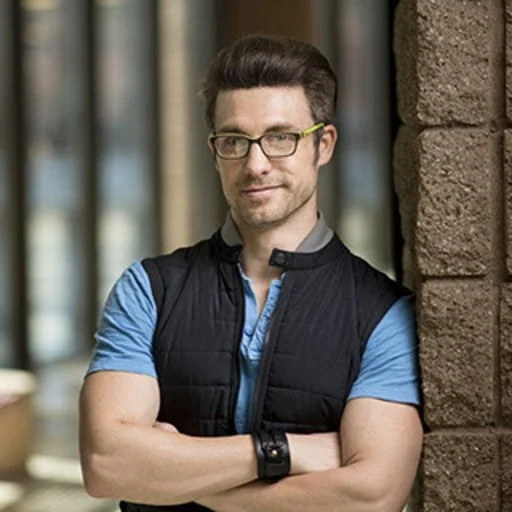 Dr Drew B Mallory
Dr Drew B Mallory
Later in the afternoon, 4 parallel sessions on Autism, Down Syndrome, Dyslexia and Special Issues featuring speakers talking about innovations and technology from their various perspectives took place over the span of 90 minutes. Each session consisted a moderator representing KMA and 4 local and international speakers.
“Amongst other notable international speakers were Dr. Millicent Agangiba who has a Ph.D. in Information Systems in the area of Digital Accessibility for Persons with Disabilities from the University of Cape Town- South Africa; Ms. Surinder Sharma CEO of Smart Kidz Club, Inc. a US-based Edtech company with digital reading and learning tools for young children and TedTalk speaker; and Mdm. Lailatul Zubaidah Hussain, a former Magistrate and Judge from Brunei, is the founder of The Impian Project which aims to empower families of children with special needs” Puan Fatimah Abu Bakar, the Chair for the SEN SYMPOSIUM 2022.
In total, there were 16 speakers across the four tracks and four moderators made up of academicians, practitioners in special education needs, parents, and advocates. In summary, the role technology will play a huge role in helping children with special needs overcome their present challenges and towards better quality of life. However, the facts still remain that in a country like Malaysia, affordability and accessibility to technology assisted innovations still remains a challenge to the majority of the population. While symposiums such as the KMA SEN Symposium are excellent platforms to discuss such pertinent issues, the reality is that many still need to decide between what they need and what they can afford.
Symposiums like these are a call to action for government entities, private entities, NGOs and anyone who wants to serve the SEN community to come together and work towards achievable goals in helping the collective population in Malaysia. It is the fundamental right of every child to receive an education. Collaborations have never been more important than it is now. Instead of everyone doing their own thing, how about doing things together and doing it better with more impact.
For regular updates on Kiwanis Malaysia Academy (KMA) follow them on Facebook here.
